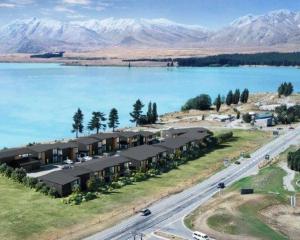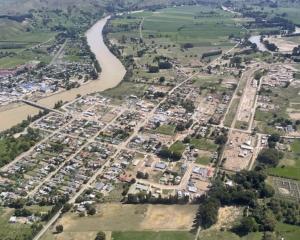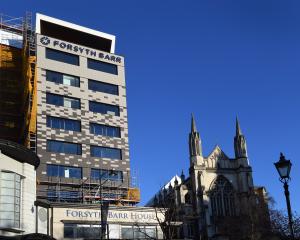Tourism Holdings Ltd has again fallen victim to the volatile nature of the sector in which it operates.
The company's earnings slumped in the year ended June, and while THL had a strong balance sheet, chairman Keith Smith yesterday said that given current trading profitability and the ongoing uncertainty in the markets, it was considered in the best interests of the company not to declare any dividend.
"Future decisions on dividends will be made based on trading performance, confidence in the outlook and the balance sheet position."
Operating earnings from continuing businesses was $40 million for the period, down 20% from the previous corresponding period (pcp).
Earnings before interest and tax (ebit) from those same businesses fell 94% to $1.1 million from $17.1 million.
The was a loss of $1.4 million ($7.6 million profit in the pcp) after tax was paid.
The group's after-tax profit, including discontinued businesses, was $2.9 million.
Net debt fell to $58 million after the sale of Kelly Tarlton's the Red Boats and the Intercity joint venture, resulting in an equity ratio of 57%.
THL now bears little resemblance to the company that was started in Otago under the previous name of The Helicopter Line.
The company now consists of a rentals division, a motor home manufacturer and a limited range of tourism operations.
Mr Smith said the $1.4 million trading loss was disappointing, but it reflected trading conditions within the tourism industry.
Looking ahead, Mr Smith said the impact of the global financial crisis on tourism was obvious and ongoing.
There were three distinct changes in the current operating environment for tourism, which were reflected across the industry.
Customers were booking later and the booking pattern was volatile, meaning forecasting had become increasingly difficult.
Customers were expecting special deals and would shop around a lot more than they had in the past.
Customers were doing more research, checking all channels for pricing and bookings - often leading to increased online bookings.
"Our leading indicators suggest that these pattern changes are still developing."
The 2008-09 high season included a large proportion of demand that had been pre-booked before September - before the impacts of the financial crisis came to bear.
The coming high season demand was likely to reflect the current economic climate and the pattern changes indicated earlier, Mr Smith said.












